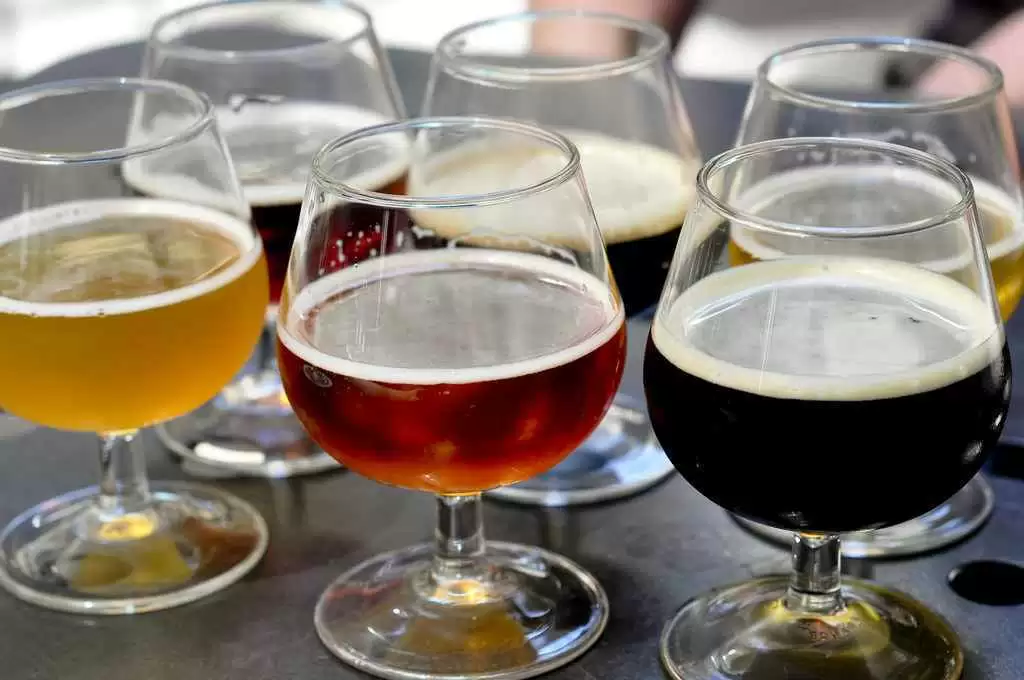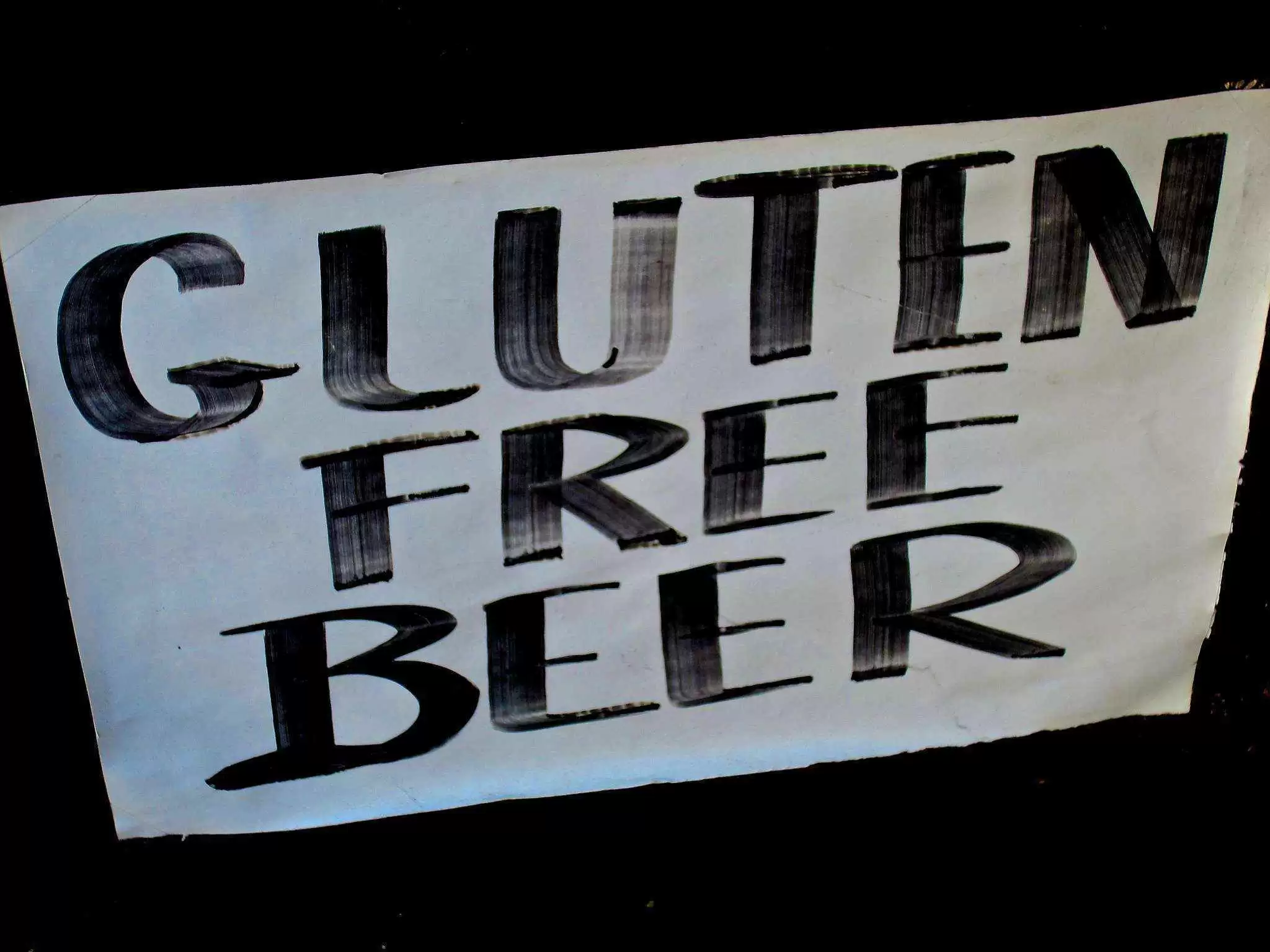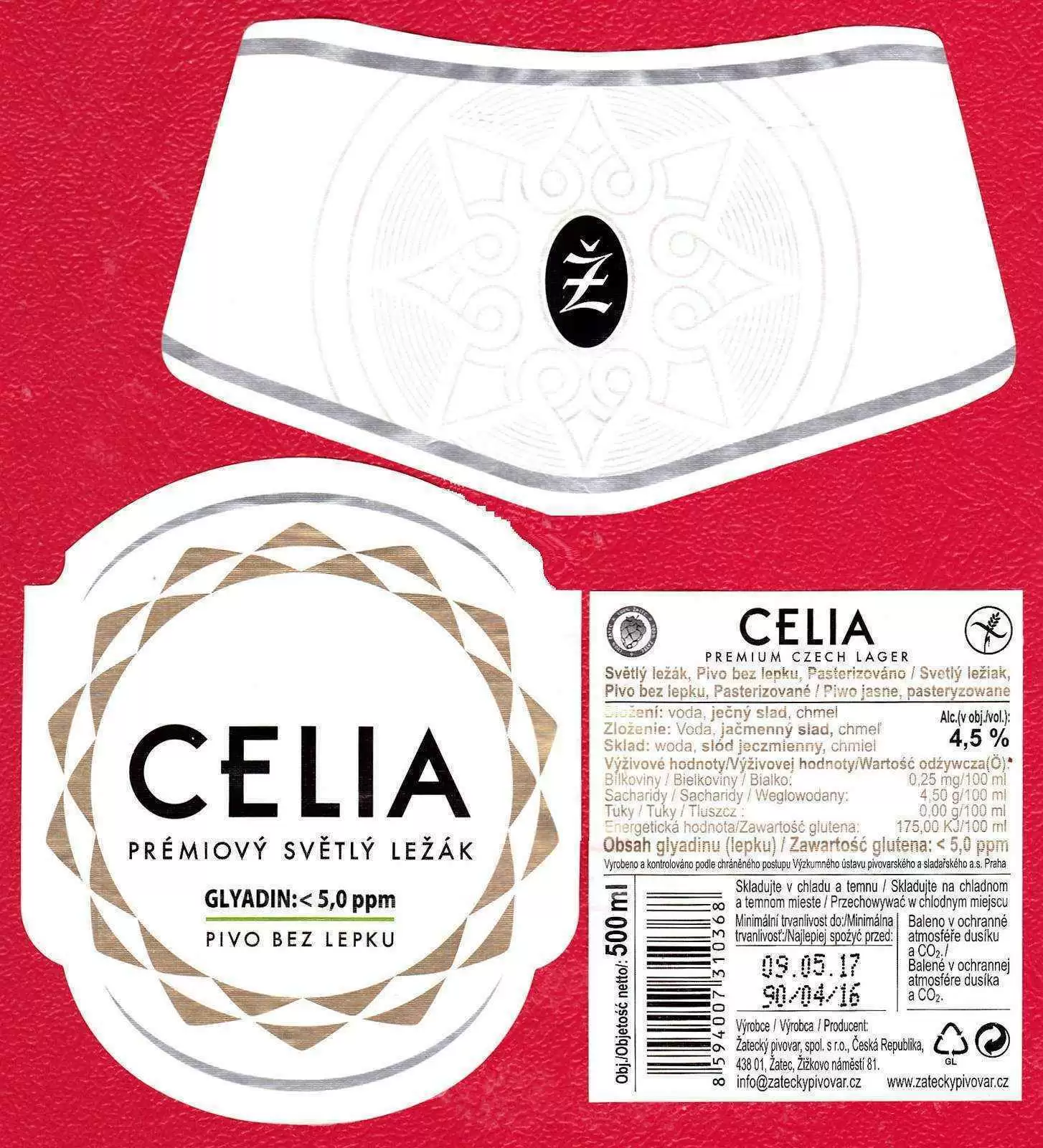
Celiac.com 02/28/2017 - A number of commercial brewers are opting to use enzymatic digestion, or hydrolysis, for treating gluten-containing foods and beverages to make them safe for people with gluten sensitivity, including those with celiac disease. However, some have questioned whether the process is safe for all people with celiac disease, as some celiacs complain that they experience gluten sensitivity when they drink these beers.
Currently, there are no validated testing methods for quantifying levels of hydrolyzed or fermented gluten peptides in foods and beverages that might be harmful to celiac patients. This makes it difficult to determine the safety of hydrolyzed products for people with celiac disease.
Celiac.com Sponsor (A12):
Some researchers finally tested the clinical response by celiac patients to gluten-free beer, gluten-removed beer, and conventional beer. They also tested a non-celiac control group. Their main goal was to determine if sera from active celiac patients can serve as an effective detection tool for residual celiac-reactive proteins in gluten-removed beer.
The research team included Laura K Allred; Katherine Lesko; Diane McKiernan; Cynthia Kupper; and Stefano Guandalini. Their study used an ELISA-based method to determine whether serum antibody binding of residual peptides in a fermented barley-based product is greater among active-celiac disease patients than a normal control group, using commercial beers as a test case.
The team first gathered sera from 31 active-celiac disease patients and 29 non-celiac control subjects, then assessed the binding of proteins from barley, rice, traditional beer, gluten-free beer, and enzymatically treated (gluten-removed) traditional beer. None of the 29 non-celiac control subjects reacted to all three barley-based samples (barley extract, traditional beer, and gluten-removed beer), while 2 of 31 active-celiac disease patients (6.4%) responded to all three samples. In the ELISA, none of the subjects' sera bound to proteins in the naturally gluten-free beer.
Eleven active celiac patients showed immunoglobulin A (IgA) or immunoglobulin G (IgG) binding to a barley extract, compared to only one non-celiac control subject. Of the seven active celiac patients who had an IgA binding response to barley, four also responded to traditional beer, while two of these also responded to the gluten-removed beer. None of the sera from non-celiac control subjects bound to all three beer samples.
Breaking down the results, only 11 of the 31 active celiac disease patients even reacted to barley. Only 4 of those 11 reacted to traditional beer; a mere 12%. Of those, only two celiacs reacted to gluten-removed beer, or about 6% of the test group.
So, interestingly, while this study indicates that the vast majority of people with celiac disease seem to tolerate both traditional and gluten-free beers, it also indicates that there are residual peptides in the gluten-removed beer that may trigger reactions in a minority of celiacs.
This particular study was small and highly regional, so very little can be projected to the larger celiac population. Clearly more study is warranted to more accurately determine the exact nature of the risk for celiacs who drink gluten-removed beer.
This isn't the last we'll hear about the safety of gluten-removed beer. Stay tuned for more on this and other gluten-free stories.
Read more about gluten-free and gluten-removed beers.
Source:
- Journal of AOAC International. DOI: https://doi.org/10.5740/jaoacint.16-0184










Recommended Comments
Create an account or sign in to comment
You need to be a member in order to leave a comment
Create an account
Sign up for a new account in our community. It's easy!
Register a new accountSign in
Already have an account? Sign in here.
Sign In Now